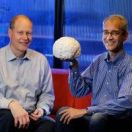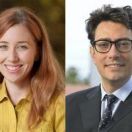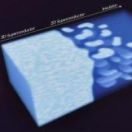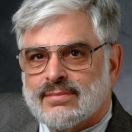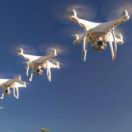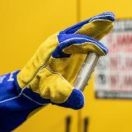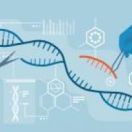SystemX Alliance News
Wed, 05/12/2021
Artificial intelligence, interpreting data from a device placed at the brain’s surface, enables people who are paralyzed or have severely impaired limb movement to communicate by text.
Tue, 05/04/2021
Technology is pushing the boundaries of what’s possible in video editing. Society must consider the creative possibilities as well as the misinformation risks.
Mon, 05/03/2021
Two “out there” ideas from Stanford faculty receive NASA funding in hopes that they could drastically advance space exploration.
Mon, 04/12/2021
It’s an example of how surprising properties can spontaneously emerge in complex materials – a phenomenon scientists hope to harness for novel technologies.
Wed, 03/31/2021
Ullman shares the prize with long-time collaborator Alfred Aho of Columbia University. They are recognized for their influential work on compilers and algorithms, including their co-authorship of widely popular textbooks on these topics.
Wed, 03/24/2021
The transition to 5G will affect every device connected to the internet, including drones. A team of scholars is working to protect the technology from vulnerabilities.
Fri, 03/12/2021
A linguist and computer scientist explores how AI is expanding from capturing individual words and sentences to modeling the social nature of language.
Mon, 03/08/2021
The latest advance from a research collaboration with industry could dramatically accelerate the development of sturdier batteries for fast-charging electric vehicles.
Tue, 03/02/2021
Stanford researchers attached biological nanobodies to the CRISPR DNA editing tool in an experimental combo designed to extend the usefulness of two promising molecular tools.


